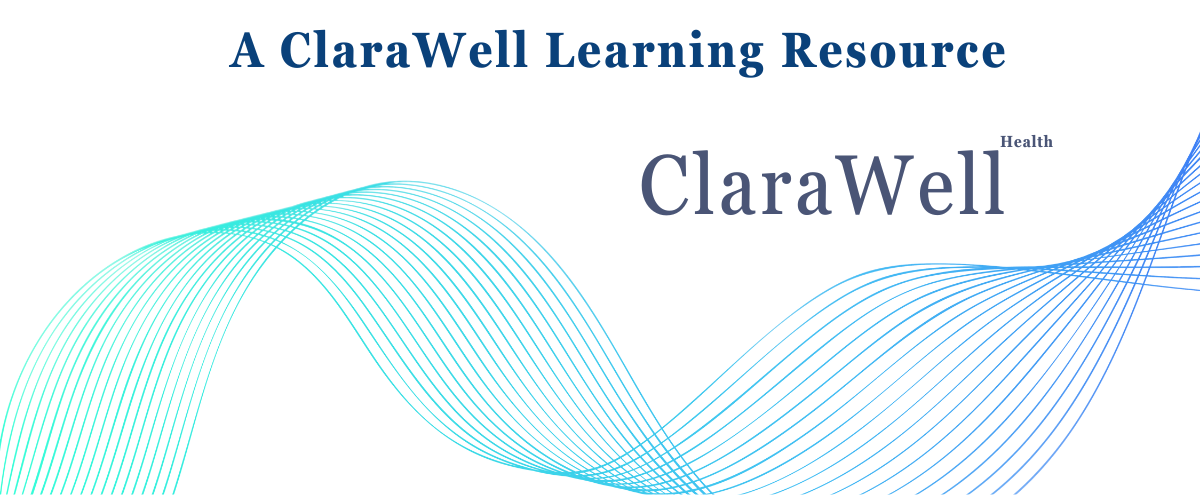Learn with ClaraWell
ADHD treatment

Medication vs. Therapy:
ADHD Treatment Options
Medication vs. Therapy: ADHD Treatment Options
Treating ADHD doesn’t mean fixing a flaw—it means supporting how your brain works best. There’s no single path, and that’s okay. For many people, medication, therapy, or a combination of both can improve focus, reduce stress, and make daily life feel more manageable. This page breaks down each option clearly, so you can feel informed—not overwhelmed.
🧠 ADHD Treatment Isn’t One-Size-Fits-All
Every brain is different. Some people respond well to therapy alone, while others need medication to unlock focus or manage impulses. Many benefit from combining approaches.
The main goals of ADHD treatment are to:
- Improve attention, focus, and time awareness
- Reduce overwhelm, stress, and impulsive behavior
- Support emotional regulation and relationships
- Build long-term strategies for success
Treatment is not about perfection, it’s about function. It should support your life, not change who you are.
💬 Therapy & Skill-Building
Therapy helps you understand your patterns, build structure, and learn how to respond more effectively to challenges. It’s a space to explore the emotional side of ADHD—like shame, frustration, or burnout—and to learn better ways to cope.
- CBT (Cognitive Behavioral Therapy): Focuses on thoughts, emotions, and behaviors
- ADHD Coaching: Practical strategies for routines, motivation, and follow-through
- Family or Parent Support: Builds structure and consistency in home environments
Therapy can be helpful on its own or as part of a larger treatment plan.
💊 Understanding Medication
ADHD medication works by supporting brain chemicals related to attention, focus, and self-regulation. It can make tasks feel less overwhelming, improve task initiation, and reduce the “mental clutter” many people with ADHD describe.
Types of medications vary, some act quickly and fade throughout the day, others are extended-release. A healthcare provider can help determine what’s safe, appropriate, and worth trying based on your history and preferences.
Medication isn’t about boosting performance for people living with ADHD. It’s about giving your brain a more stable foundation to function.
⚖️ What Works Best for You?
There’s no gold standard. The “best” treatment is the one that helps you feel better, think more clearly, and live with less friction. Many people try multiple strategies before finding the right fit.
Factors that shape your plan might include:
- Your age and daily responsibilities
- Access to therapy or prescribers
- How ADHD affects your life right now
- Whether you prefer non-medication approaches
You don’t need to rush into a decision. You can explore, experiment, and adjust over time.
📚 Want to Learn More?
The National Institute of Mental Health ADHD page offers detailed breakdowns of current treatment approaches, including both medication and therapy. It's a reliable place to expand your knowledge.
🔍 Exploring ADHD Treatment Starts With Clarity
ClaraWell™ offers a private ADHD screener and guides you toward helpful, no-pressure options for your next step. Whether you’re curious about diagnosis or considering support, we’re here to help.
Still wondering what your brain needs? ClaraWell™ helps you explore ADHD risk, understand your patterns, and take the next step toward feeling supported.
Take the ADHD Risk Screener